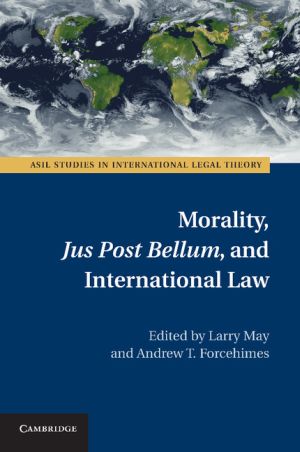
This collection of essays brings together some of the leading legal, political, and moral theorists to discuss the normative issues that arise when war concludes and when a society strives to regain peace. In the transition from war, mass atrocity, or a repressive regime, how should we regard the idea of democracy and human rights? Should regimes be toppled unless they are democratic or is it sufficient that these regimes are less repressive than before, now thoroughly peaceful, and protective of human rights? Are there moral reasons for thinking that soldiers should be relieved of responsibility so as to advance the goal of peace building? And how should we regard the often conflicting goals of telling the truth about what occurred in the past and allowing individuals to have their day in court? How should we view the hard cases of economic actors as well as child soldiers?
In this anthology, each of these important questions is analyzed in detail with tentative answers offered. Beyond these specific jus post bellum concerns, theorists also question whether jus post bellum itself should be a distinct field of inquiry. The volume thus concludes with a debate between the skeptics and proponents of jus post bellum.